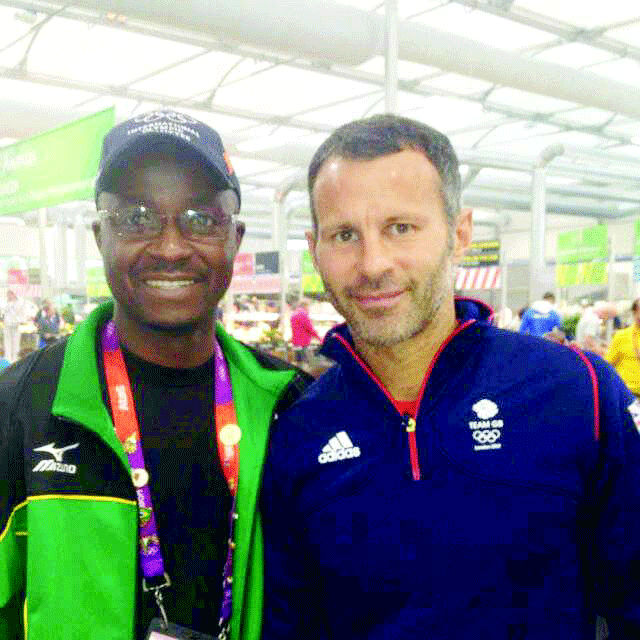
Zimbabwe’s unsung hero in the field of sports medicine, Nicholas Munyonga, developed the love for the profession in the late 80s at Zengeza High 1 in Chitungwiza.
REPORT BY ALBERT MARUFU The long serving member of the Warriors technical team could not fit into the school’s Under-14 soccer team, but his love for sporting activities saw him “carrying the water bottle for boys”.
“I started off as a medic for the school’s Under-14 team that had the likes of Alois Bunjira, among others, said Munyonga who is now the University of Zimbabwe-trained medical doctor.
“I do not know where the interest was coming from but I think to a larger extent, it was more of just wanting to be involved,” he told Standardsport.
However, that interest grew and the former Zengeza High 1 School flanker in the school’s rugby team, went on to become a medic for teams at the University of Zimbabwe, where he was studying for a degree in medicine.
Today Munyonga is a distinguished medical commissioner for the Zimbabwe Olympic Committee; serves on the World anti-doping agency (Wada), the Fifa medical committee and was recently appointed to the Supreme Council for Sport in Africa’s Zone VI Games.
Munyonga, who works as a group executive co-ordinator Health Care at the Premier Service Medical Aid Society (PSMAS), was the sports medicine director for Zimbabwe at the Commonwealth Games in England in 2002, chief medical officer for Zimbabwe at the 2004 All-Africa Games in Nigeria, the team doctor for the Under-20 rugby team at the 2005 World Cup.
He was also the team doctor for the Warriors at the 2006 Africa Cup of Nations in Tunisia.
- Chamisa under fire over US$120K donation
- Mavhunga puts DeMbare into Chibuku quarterfinals
- Pension funds bet on Cabora Bassa oilfields
- Councils defy govt fire tender directive
Keep Reading
In 2008, he was incorporated into Wada to educate athletes on the dangers of doping and was the team doctor for the 2007 and 2011 Zimbabwe teams at the Junior World Rugby Trophy.
Recently, Munyonga travelled as the doctor for Team Zimbabwe at the London 2012 Olympic Games, where he took care of athletes such as the seven-time Olympic medalist, Kirsty Coventry.
‘Working with great athletes motivates me’
It is the experience derived through working with athletes that motivates him to do well.
“I have worked with top athletes such as Coventry for 10 years, Peter Ndlovu, Tinashe Nengomasha and Benjani Mwaruwari, and this has assisted me to be where I am today. These guys are professionals who know their job and when they come to you for assistance, you should not be found wanting,” he said.
He, however, added that the local players’ level of fitness was a cause for concern.
“It is very unfortunate that we have never used scientific methods to assess players’ fitness level. Players do not get fit at the national team, but at their respective clubs. Their body size is also worrisome and this is mainly because they are discovered when their bodies have stopped growing,” he said.
‘Artificial turfs require different shoes’
Munyonga also talked about the artificial turf at Rufaro Stadium, which many players deem “heavy”.
“There are two types of artificial turfs. There is the sand-based, which is sometimes watered, and the rubber-based artificial turf. The challenge that we have in our league is that our players are not aware that every pitch has its own specific shoes. There are specific shoes for the hard-surface at Motor Action Sports Club and also specific shoes for the soft turf at Barbourfields,” he said.
“For Rufaro, players should wear multi-stud shoes to avoid injuries. However, we cannot talk about players having multiple shoes when we are still to address the issue of three meals a day.”
“Thank you Doctor Nick Munyonga. — Kirsty Coventry,” an inscription that is in Munyonga’s offices at PSMAS on a photo, sums up the journey the bespectacled doctor has travelled.











